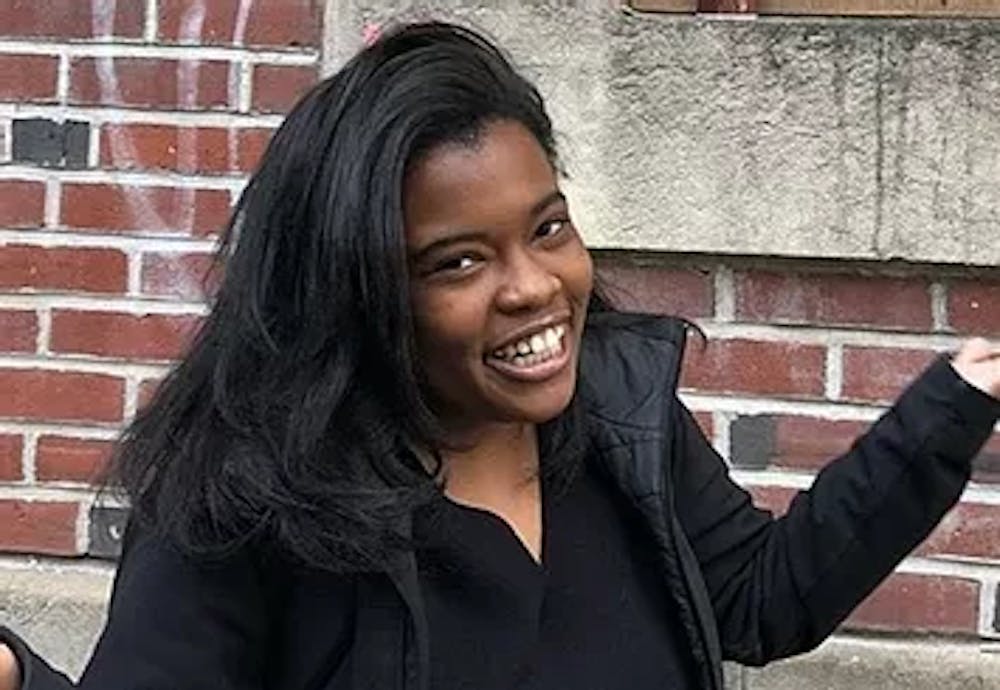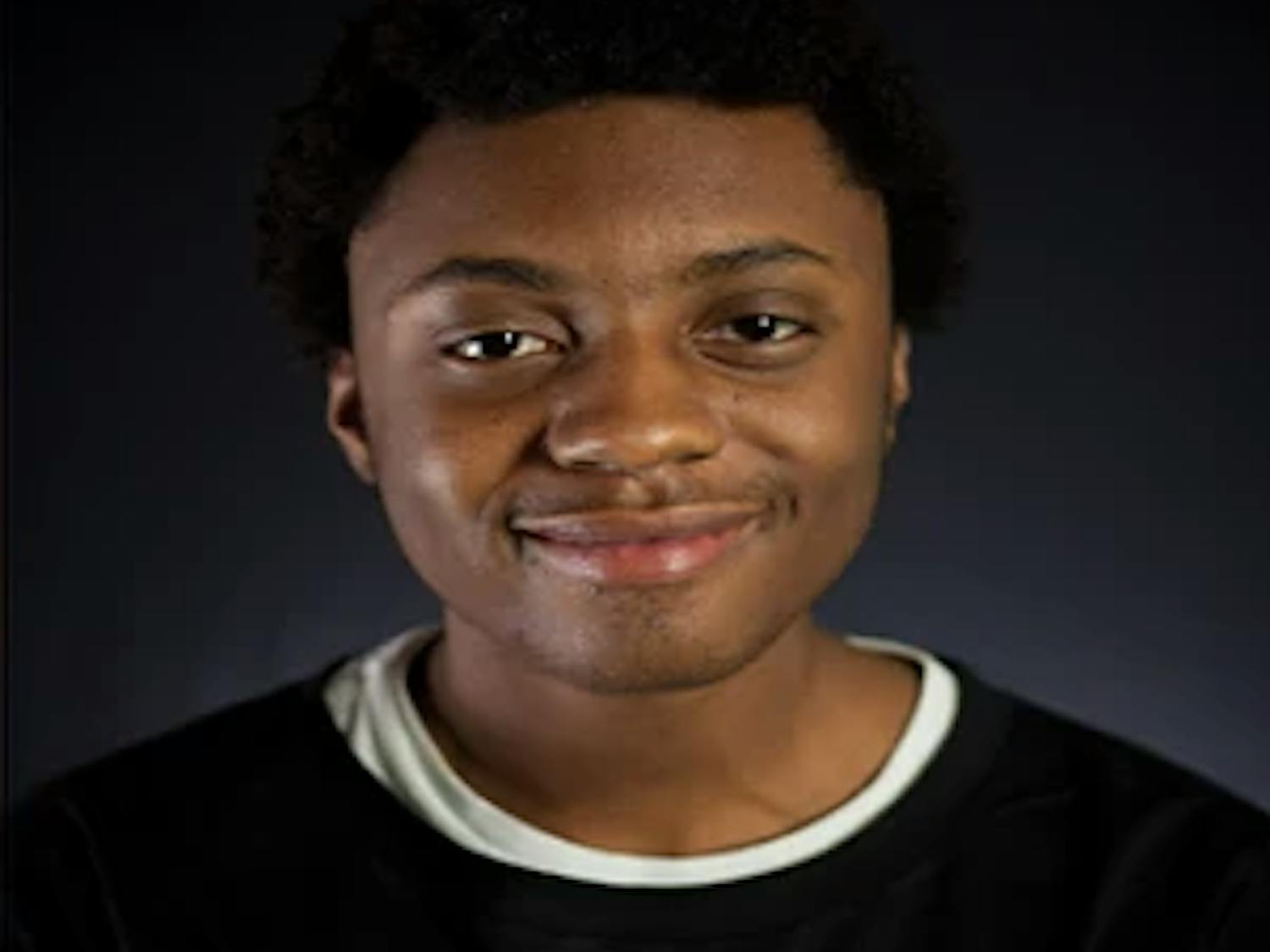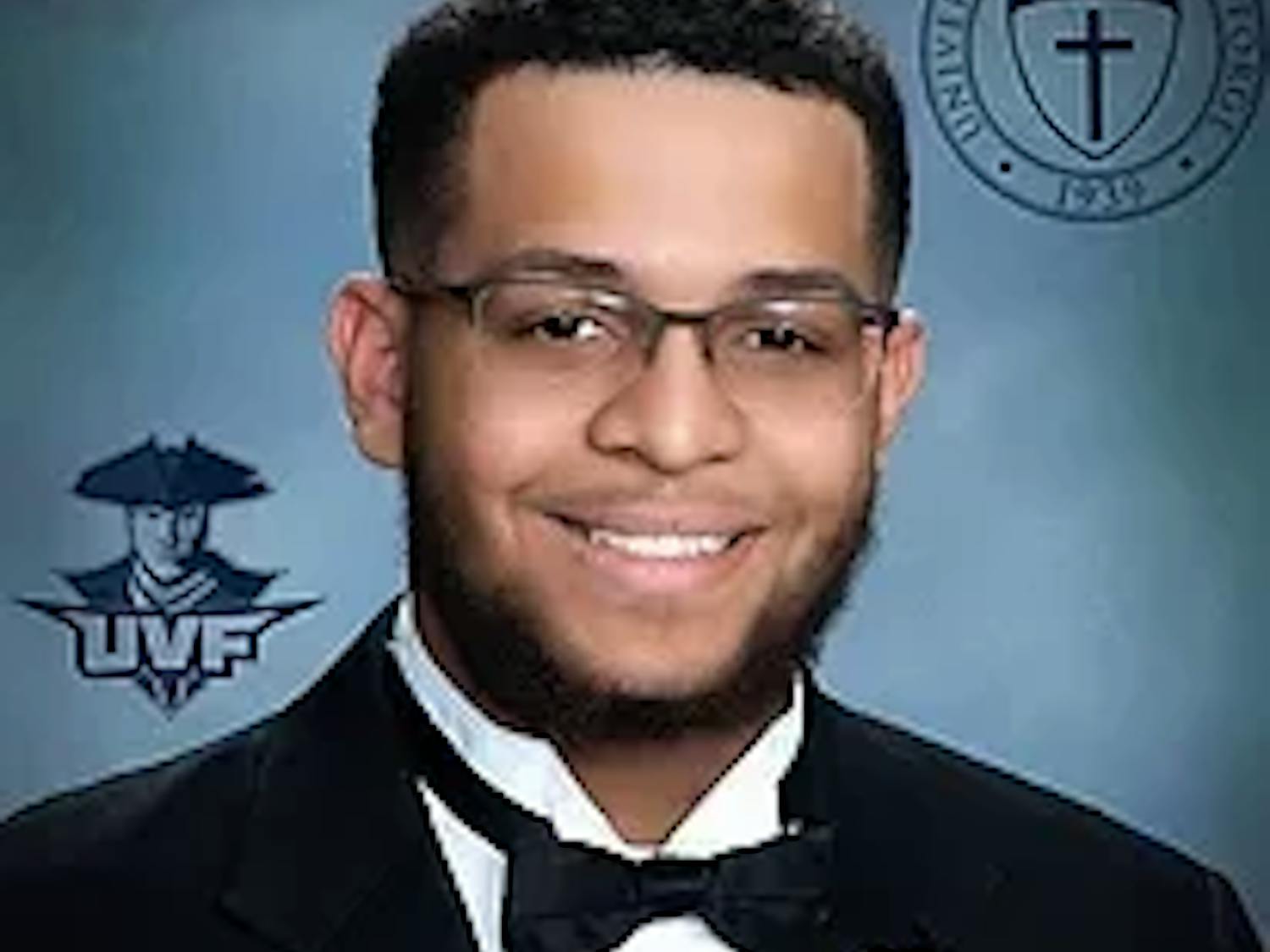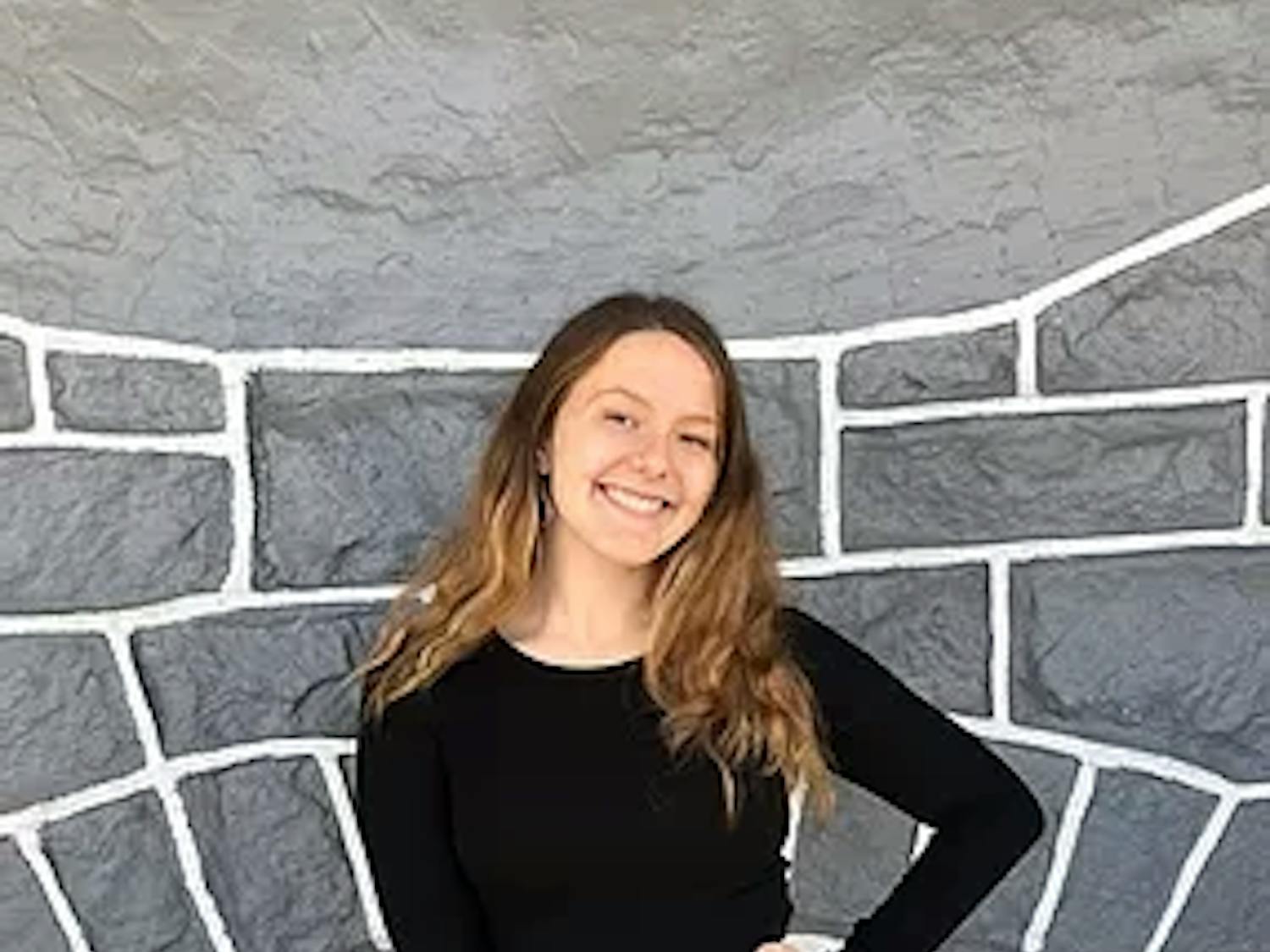Q: What clubs and activities are you engaged with at Masterman?
A: In the mornings, I would get to school like sort of early I would usually be late. So mostly I get
to school before eight to do stuff in the roster office. So, like running the coverage slips, and then doing the announcements and
then towards the end of every year, we would help organized graduation stuff like counting out tickets and making sure that everyone's caps and gowns are the right size, which was fun because office gossip and Mr. Lebold is there and he's so funny. Peer counseling is on Tuesday. Definitely most commitment levels. Yeah, Peer Counseling meetings on Tuesdays. And then this year I was a columnist for Voices (which is the Masterman school newspaper). I've been in Voices since sophomore year, but before I was just like a Lackey, and I would just write whatever was on the ideas page. Like one time I just, like compiled a list of pickup line for Valentine's Day. But since then I've been on the come up and as columnist this year, which was nice. And then on Thursdays, like Peer Counseling counseling during guidance, and then also H.A.M.S. after school, which is I keep, I like, forget the H.A.M.S. is new, new-sh, but um, I love him so much. And I'm so sad. Like, when it's Thursday, and it's like, around like 2:30 I literally am thinking about how much more fun I would be having. Because on Thursdays, I would have Peer Counseling and then straight to H.A.M.S. And you know, sometimes you're like having a bad week and you're going to towards the end and you're like, I just want to go home so badly. But being at Peer Counseling and at H.A.M.S. was like such a nice break because those kids literally do not care about why I was having a bad week, which is fine. But just like them being there and having the talks about those days. And then I don't think there's anything on Friday and then in the winter managing basketball. I think that's about it.
Q: What do you plan to do after high school?
A: Okay, so I am going to Penn. I'm an intended urban studies major. But the first two years of college I am like basically forced to be undeclared. So I think that like, I'm going to be most interested in taking history courses, I'm doing some environmental studies stuff, along with the Urban Studies. But then also, I think I'm gonna study politics or some form of like policy. So I'm assuming that I'm going to end up being like a Public Policy and Urban Studies double major by the time I am declared, and I know that I want to continue to learn Spanish so then they end up being like a minor or just want to continue taking Spanish classes. So I don't want to lose it. And then if the question extends to like what I'll do with my life, I'm really interested now in planning. Originally, I just liked the idea of planning because I really like maps. I like living in a city. I'm interested in like, what factors the other people that live with you have on a person. The factors like your race, your gender, your socioeconomic background, and just like the physical environment, like living in places that are beautiful or not, like how does that affect like you? And how can those things be changed or manipulated to better suit people and give them better lives. So that's originally why I wanted to do planning and then I've been reading, especially now during quarantine, but I guess like during senior year, I've been reading a lot of work by leftists who are interested in like, how in the past, urban planning has been weaponized against, people of color through like redlining and gentrification, and how to take that back because real estate is like the main stimulus to the economy, like people buying and selling land. So a lot of planning a lot of city planning, or just like environmental planning that should be for the people and should be for the public good, has become like privatized and is more towards serving capitalism. So just like trying to take that back and actually serve the people. That's what I'm interested in. And I don't know where that'll lead me. Like, maybe I will be a planner or maybe I'll work in public policy. But I know that I want to work like in a city probably here, but in a smaller, somewhere where I'll be like, focused on a community that I feel like I'll be able to actually get to know people and know them closely. I know that someone has to be president, someone has to be like, Governor and stuff but it just seems like unattainable to get to know people on like, such big on such a big scale.
Q: Do you have a favorite memory from all of high school?
A: I think maybe like the peer counseling party from last year at the end of the year party, because I was super stressed about it, and I thought it was going to be terrible. And I felt that Jenn and Amir when like their gifts, I thought that we wouldn't be good at cooking food, and it would just be terrible. And it was such a fun day, like going grocery shopping with Noah and then coming home and greeting people and people being in the pool. And maybe positive gossip is just like my favorite memory from high school. I guess I should explain it ... basically, it's when you're with a group of people who for some reason you're connected to like, in this case, a club that we all work together for and -- traditionally it's people who are leaving -- seniors sit in the middle of the circle and they close their eyes, and people talk about them as if they're not there, but about like the things that they love about them and what they admire about them. And it's just so sweet. And you get to hear people talk who like are never like, lovey, and affectionate and like hear how much people love their friends and like their peers around them. So I love it, it always makes me feel like safe and happy to hear those things and to say them and like make people feel like loved and cared about. Yeah.
Q: How has your high school experience shaped you?
A: Um, I think that the thing from Masterman that has impacted me the most probably is the competition, like bitter competition sometimes. And I remember when I first started high school, I was in this mindset that I had to be good at everything n high school. It was like there all these other factors like, suddenly in real clubs, and I have other responsibilities, but like, I also have school, and I need to be doing well to keep up with all my peers. And I was just like, I now feel stupid, And I felt like I wasn't doing enough or, even worse, like I wasn't capable of doing as much as my peers are and I'll just always be behind. Like, I literally remember in sophomore year being like, I'm literally not going to be able to do well in college because this math class is hard for me in It's not hard for my friends, and I'll just never be good at anything because I can't handle this. And then as I got older, and I saw that there was no reason to beat myself up like that because it wasn't doing anything for me at all. And sort of like backing away from competing with my friends and wanting to do better than them, which kind of made me feel really ugly inside. So I think just wanting to distance myself as far from that culture as possible, has really changed the way I think about education as a whole and just wanting to learn for myself instead of wanting to achieve more or be better than other people. Like, how that'll better serve me. So I think that through the bad part that's what it taught me.
Q: Do you have a single most formative event or class or day that you remember something changing about yourself during high school to make you become the person that you are today?
A: At the end of freshman year, I was in a really, really bad place. And in my English class, I just had one essay that I just wouldn't turn in, like, I just wouldn't do it. I couldn't bring myself to do it. And anytime my teacher asked me about it, I would just be like, um, I don't know. I would be like, I'm gonna email it today. And she was like, Do you need help with it? Like, is there anything I can do that would like help you be able to finish it? Or are you completely unable to do it? I just refused any help. I finally turned in and she was like, I can't give you a grade for this because it's been so long. And I was not that sad about the grade part. But she didn't hate me. Like she didn't hate me at all. And she didn't think that I was a terrible person for not doing it or not being able to, and it made me feel like she cared about me outside of what work I could do. And I didn't feel as ashamed about it as I did before. It just taught me that teachers will still like you and respect you if you're honest about what you can do. I know that if I had cheated, and copied the essay just to get it done, she would have not respected me at all anymore. Just feeling like having teachers show you that they actually value you for who you are has been really valuable. And I've been lucky to have a few teachers like that.
Q: Do you wish that you could change anything about your school, the school district or the city?
A: Yeah, I guess I think these are all three connected but basically at some point actually, fully acknowledging the history of redlining and also school segregation in our city and trying to fix it instead of just pretending like it's not there or trying to put bandages on it. School choice exists in Philly. And I know that I've been I've benefited from it in terms of being able to go to Masterman and all the opportunities that it's given me. But I also think that it's really important to invest in neighborhood schools It feels weird for me to be in this position now and look back on high school and Middle School, and look at all of the opportunities that I've had, but knowing that I've reached those options at the misfortune of a kid who didn't have parents who knew about other options, didn't have parents who had enough time or like money to be involved in their education as much as mine has, and how it like, hurt them. But yeah, that's what I wish was different. Because it's insane that the biggest group of people in the city are so disadvantaged in our education system, which is really upsetting.




